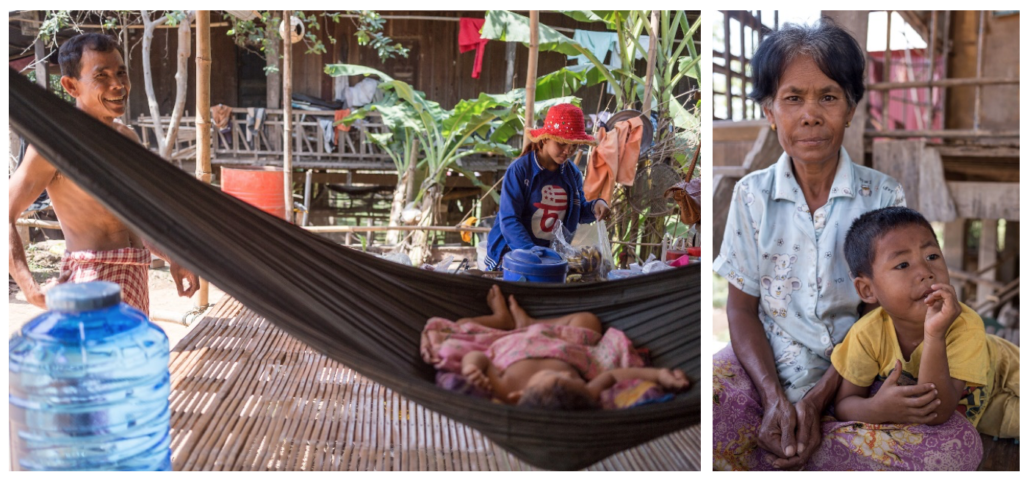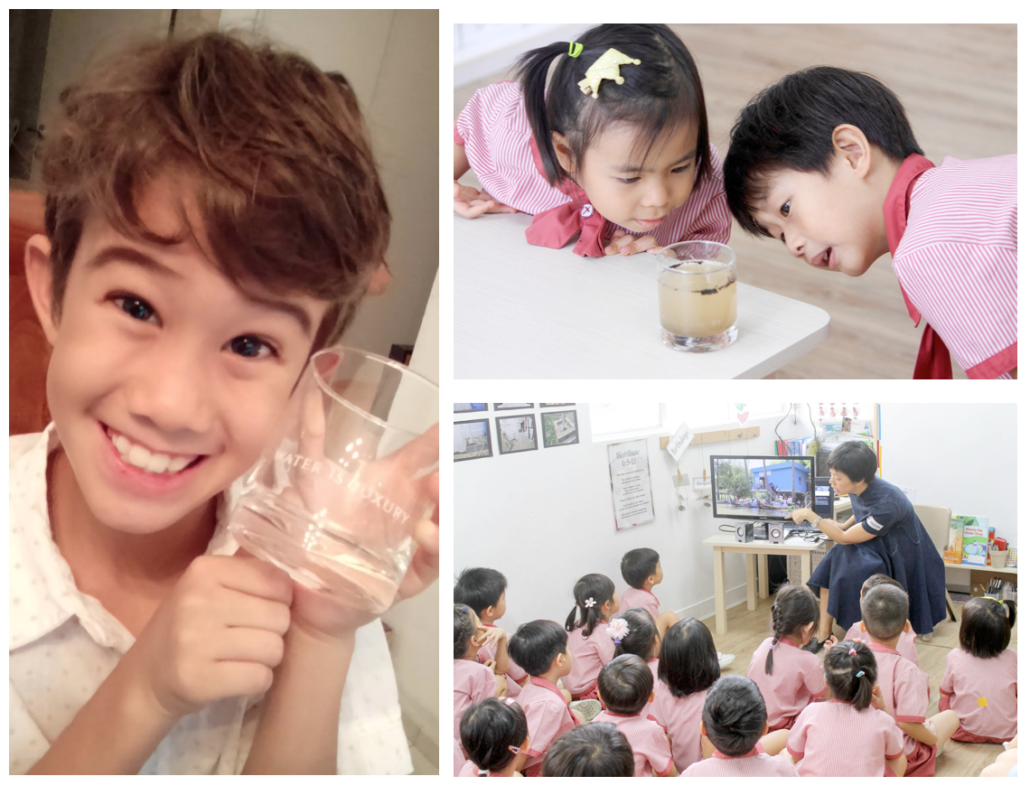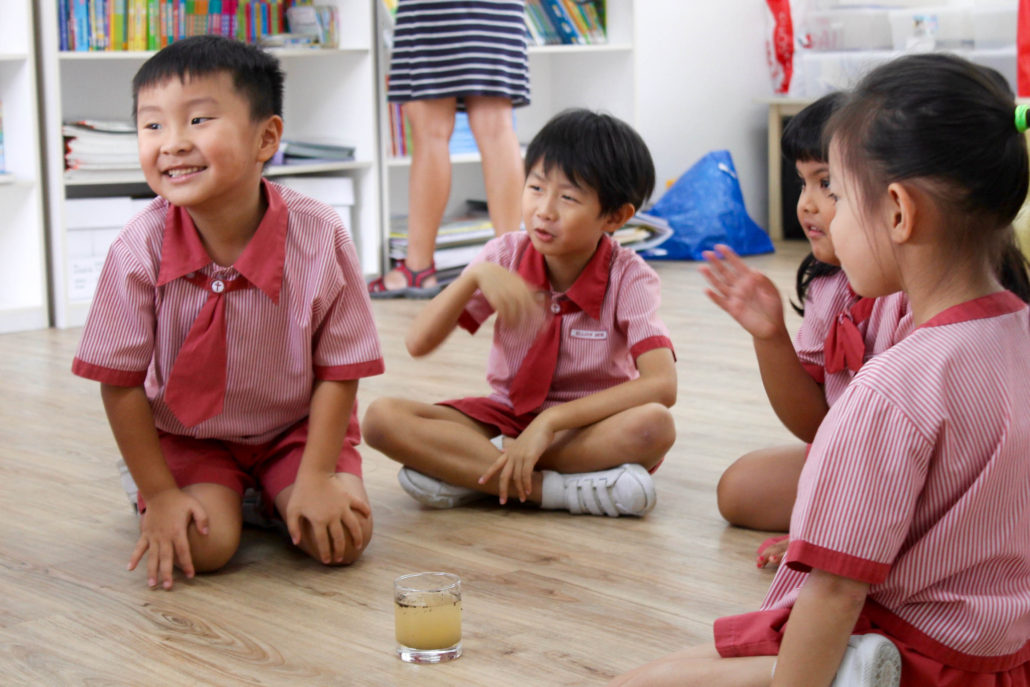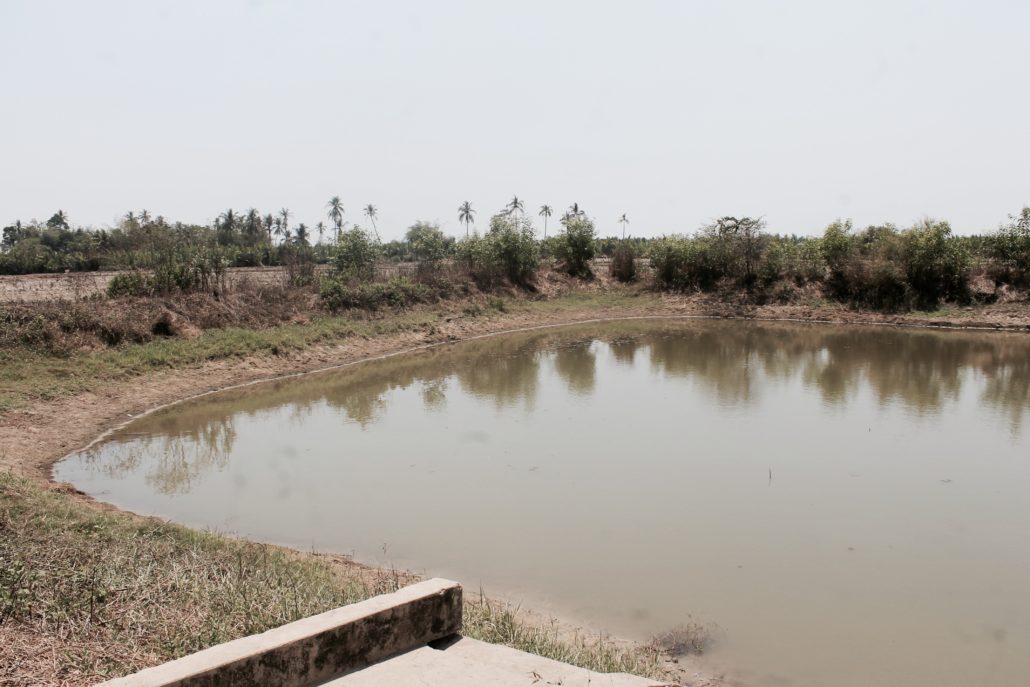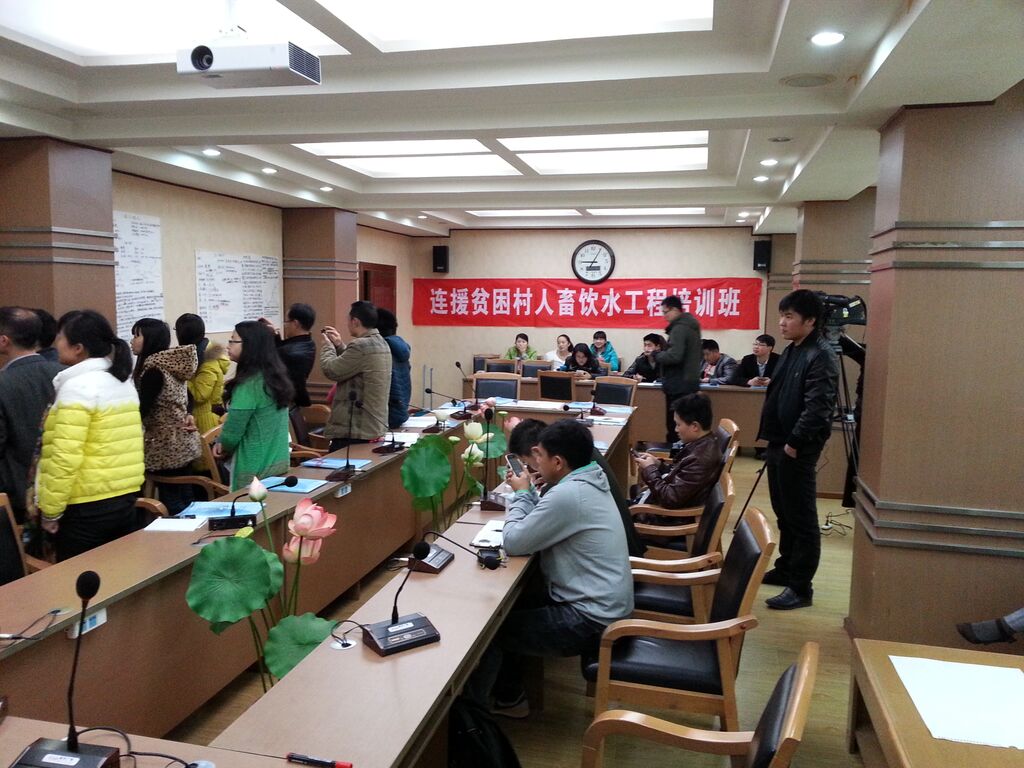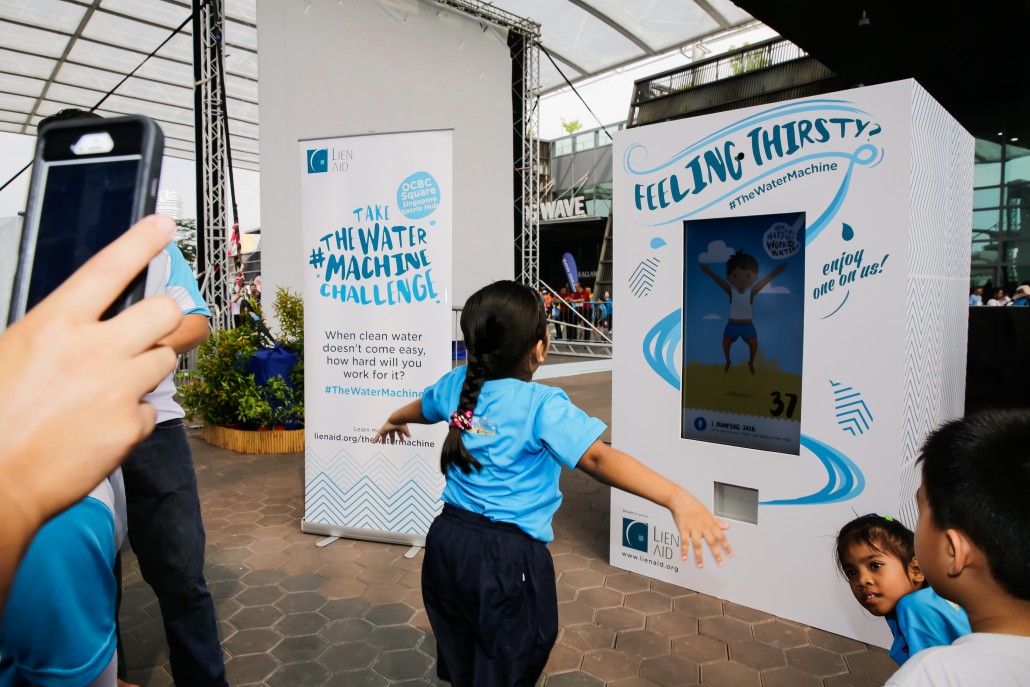Water is Luxury: Perspectives on Socially Inclusive Water and Sanitation Services and Enterprises
Why is clean water still a luxury for communities in Asia? And how is this issue being addressed today by non-profits, social enterprises, and the private sector? Last month, UBS staff in Singapore gathered to hear diverse perspectives on socially inclusive water and sanitation services and enterprises, in an event organised by Lien AID. Featuring a line-up of esteemed panellists from the social enterprise, impact investing, and international water sector, the panel discussion was held in conjunction with Lien AID’s Windows of Hope exhibition. The 2-day exhibition enabled UBS staff to travel virtually to a rural village and experience the impact of Lien AID’s clean water project in the community through immersive video.
The head of corporate communications at UBS, Ms Julie Yeo, made the opening remarks to a full audience, and welcomed them to the panel discussion. Mr Ian Chen, programme manager at Lien AID and the panel moderator, subsequently touched upon the discussion format which involved presentations by the panellists followed by an interactive question and answer session, covering sub-topics such as socio-economic impacts of inclusive water and sanitation services in developing economies, as well as the challenges and future opportunities within the space.
The first speaker, Ms Rebecca Paranjothy, cofounder of Freedom Cups, shared the positive social impact Freedom Cups has made through its socially inclusive enterprise approach towards menstrual hygiene and sanitation. Freedom cups is a social enterprise operating on a buy-1, give-1 model to distribute reusable silicone menstrual cups to women in rural communities. Rebecca shared that almost a quarter of girls in rural countries drop out of school the moment their first period hits due to a lack of facilities or supplies. With the use of Freedom Cups, women will be able to get through a full month of school or work and not fall behind their male counter parts in terms of education or income.
Mr Frodo Van Oostveen, cofounder and managing director of The Water Agency, a network orchestrator for the international water sector, spoke next and explained the critical importance of collaborative partnerships in developing innovative approaches towards addressing water, sanitation, and hygiene (WASH) challenges. Frodo emphasised the importance of finding the right flow of collaboration and highlighted the need for governments to implement regulatory frameworks to ensure standards are met; for private companies to step forward with innovative ideas to address water challenges; and non-governmental organisations (NGOs) to share local insights and building strong relationships on the ground.

Mr. Robert Kraybill, Managing Director, Portfolio Management at Impact Investment Exchange (IIX) Asia.
Mr Robert Kraybill, managing director of Portfolio Management of Impact Investment Exchange (IIX) Asia, rounded up the panel presentations with insights on the role of impact investing in supporting and accelerating the growth of social enterprises in developing economies. IIX is the home of the world’s first social stock exchange and the world’s largest private placement platform for impact investing. Drawing on his experiences, Robert said that a key challenge for social enterprises is making clean water devices accessible and affordable for rural families that often live on $3 – $6 a day. He shared that a social enterprise in Indonesia was able to resolve clean water challenges with support from IIX by selling water filters to households on credit through the local women entrepreneur network.
During the interactive question and answer session, a wide range of related topics were discussed, such as increasing education on WASH issues, the application of financial engineering to ensure the sustainability of WASH initiatives, and ways in which technology and innovation can enable safe WASH access in developing nations. Insights from the panel forum pointed to the importance of collective effort to overcome complex WASH challenges and dialogue between governments, NGOs, foundations, and the private sector.
More about Lien AID:
Founded in 2006, Lien AID is a Singapore-based international non-profit organisation with the mission to improve the health and well-being of last-mile communities in Asia by enabling sustainable access to clean water and sanitation. Leveraging our ties with local governments, international foundations, and partners, we have successfully mobilised funds, knowledge, and technical skills to deliver water and sanitation interventions across 6 countries in Asia – Cambodia, China, Indonesia, Myanmar, Thailand and Vietnam – in more than 3,000 villages, 80 schools, and 50 health centres. In the process, we have impacted the lives of nearly 1,000,000 people.










